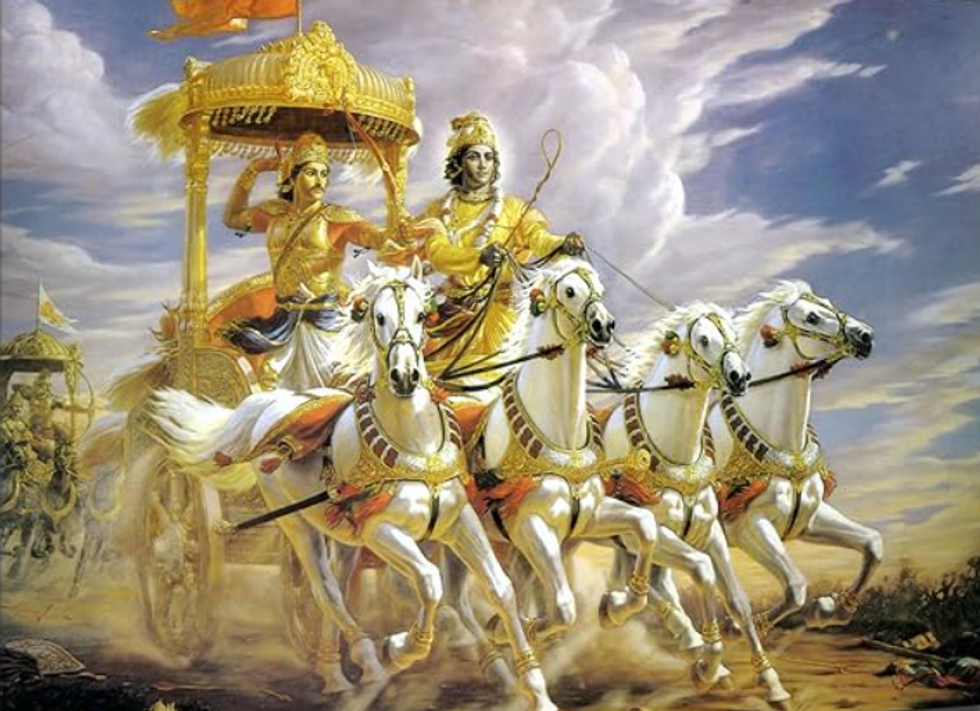By Lord Simon Woolley
Operation Black Vote
IT WOULD be too easy to suggest that the Minnesota police officer, Derek Chauvin, and his fellow accomplices were just a bunch of ‘bad apples’ in the state police force, whose actions in broad daylight led to the death of George Floyd, 46.
While the murder charge is completely true and one hopes that justice will be rightly served, the danger is that we ignore a much more profound and uncomfortable truth. It wasn’t just the four individuals who murdered Floyd last week, but rather America’s deep-seated racial prejudice, turbo-charged in the past few years by president Donald Trump, who has become the very symbol of white supremacy in the US.
Generally speaking, when we’re talking about the US, and indeed, the global phenomena of ‘white supremacy’, we’re referring to white advantage and privilege over black or brown people, including greater access to better education, jobs, opportunities, health care, and housing.
But there’s another, even more painful, aspect to ‘white supremacy’ that involves how the state and its institutions can dehumanise black and brown individuals – African and Latin Americans – in order to sustain the status quo.
What better way to justify affording you less, by explaining that ‘you’ve got what you deserve, and in extreme cases you are not only less than us, but rather you’re not like us at all. We have the right to judge you as a thing or a beast that is to be controlled or slaughtered as our privilege permits.’
This may sound alarmist to some, but let’s look at recent shocking events, two over the past few weeks, and a historic incident that occurred six years ago.
The first happened in New York’s Central Park last Monday (25). Christian Cooper is a volunteer working to conserve the Manhattan park and as part of his duties, he asks members of the public to comply by the rules of keeping dogs on a leash. Christian is African American.
Amy Cooper, a white woman who works at an investment bank, took great offence that a black person – who in her eyes was not her equal – should be telling her how to behave. That annoyance quickly reverted to anger and menace. In her mind, he had no right to be telling her what to do – she was white and that order must be preserved. Her first act was to tell Christian about what her power can do and when he ignored her, she enacted it.
The switch from anger at him to feigning that she was being threatened to within an inch of her life has to be seen to be believed. Christian could have ended up dead with officers mistaking his camera for a gun, having been told Amy was in a life-and-death situation and shooting him first, asking questions later. Thankfully that did not occur
The whole episode had little to do with Christian, it was all about Amy and her white supremacist world of controlling this black man, even though he could have been shot and killed.
A few months before that, Gregory McMichael and his son Travis, hunted down Ahmaud Arbery, 25, when he was out jogging and shot him dead. In fact, they were not even arrested until the video went viral more than two month later. If there was no footage, the murderous duo would not have been arrested because a white supremacist America means that black lives don’t matter.
To justify the killing of unarmed African Americans you first have to build a powerful narrative of fear and set out a process that dehumanises the individual. If they can be seen as inhuman or a beast to be feared and controlled – rather than fellow human beings with the same rights – you would act in an unlawful manner. How else do you explain the killing of 12-year-old Tamir Rice in a play park with a toy gun in 2014?
The dehumanising process meant that the officers did not see a child, or that the boy was in a play area for children, but rather they saw a ‘black beast’ to be feared and controlled. And as such, he was shot dead with no one held accountable.
What happened to Floyd last week was much the same. He was not aggressive and his alleged crime was not serious. His real crime was to be black in white supremacist America. To be clear, it is unlikely that a white person suspected of such a minor offence would ever be in that life-and-death scenario that Floyd and others such as Eric Garner have faced. These cases are all about power and racism that can take a man’s life with impunity.
The tragedies I’ve outlined are not isolated, unconnected incidents, but rather entwined in a poisonous American system that is incapable of dealing with its inglorious past. It needs to devalue and, at times, dehumanise black and brown people in order to maintain a white supremacist status quo.














 Kurukshetra battlefield illustration
Kurukshetra battlefield illustration
 Chanakya
Chanakya  Shimla Agreement
Shimla Agreement Kargil War 1999
Kargil War 1999

 Vivid depiction of the Kurukshetra battlefield, showcasing Arjuna and Krishna in the chariot amidst the chaos of warAmazon
Vivid depiction of the Kurukshetra battlefield, showcasing Arjuna and Krishna in the chariot amidst the chaos of warAmazon 

‘Black lives don’t matter in white racist America’